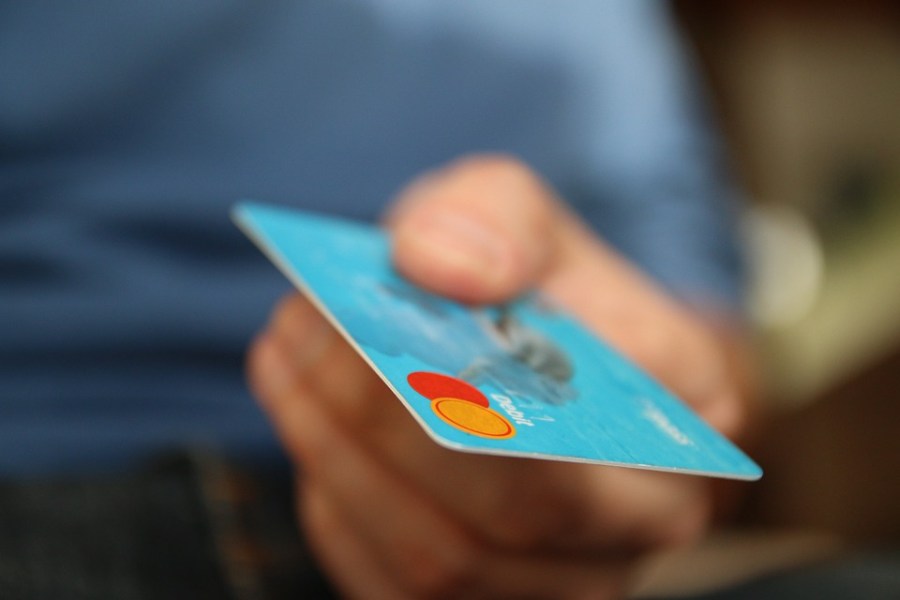Can You Have a Cosigner for Care Credit

Credit scores are too powerful to ignore. After all, your credit score is basically a three-digit number that tells the world – or at least businesses and lenders – how you handle your money. Identity theft, errors and your own missteps can wreak havoc on those all-important digits, leaving you on the hook for higher interest rates, loan rejections and even problems with applying for certain jobs.
But all is not lost. Monitoring your credit puts you in the driver's seat. You can identify mistakes and remove negative credit items that aren't accurate. You also empower yourself to quickly identify fraud and take control of your finances to clean up your credit report and begin improving your score. Use this quick guide to get started.
Does monitoring your credit sound difficult? It's simpler than you may think. It's also an important step to safeguard your financial matters. When you're regularly checking out your credit report, you gain key insight into where your finances stand. For example, the lower your credit score, the more you'll end up paying in interest when you need a loan.
Understanding Your Credit Score
Before you do anything, learn about the factors used to determine your credit score. Although each credit bureau's exact algorithm isn't published, it's widely known that your score's based on five main factors:
Payment history: Making your credit card payments and paying your other obligations on time has the largest influence on your score. It accounts for 35 percent of your score. Debt use: The amount of debt you have makes up about 30 percent of your score. Keeping a low balance – ideally within 10 percent of what's available to you – helps improve your score. Age of credit: Account for around 15 percent of your score, the age of your accounts are another significant factor. The longer you've successfully managed your credit, the more of a boost you'll get. Account types: Having a mix of installment accounts and revolving credit (loans and credit cards) seems to improve the odds of this factor, which accounts for about 10 percent of your score, raising your score instead of lowering it. Application history: The more you apply for credit, the more your score gets dinged. This factor makes up for another 10 percent of your score, and it explains why most experts recommend being cautious when you're shopping for lenders.
DIY Monitoring: Getting a Copy of Your Credit Report
Want to explore DIY credit monitoring? All you need is to get your credit report and check it out. You're allowed to request a free copy of your credit report once every 12 months from each of the three credit bureaus – TransUnion, Experian and Equifax.
Request a copy from a different bureau every four months to keep up with your reports and monitor on your own for anything suspicious. Request a copy in writing or on the credit bureau's website. Once you have it, go over everything line by line to look for mistakes or fraudulent activity. Common mistakes to keep an eye out for include:
Incorrect name or address Loan or credit card payments applied to the wrong account Doubled accounts making it look like you have more debt than you do Bad debts lingering beyond seven years, after which they should be removed automatically
Free Credit Monitoring
If you're not confident that you can go it alone, you can sign up for a free service to monitor your credit. Many major credit card companies offer this service to their customers as an added perk. The type of monitoring you get ranges from bare bones credit score information to more complex settings that allow you to set alerts and get tips for improving your score.
Paid Credit Monitoring
If you want experts keeping an eye on things, you might opt for paid credit monitoring services from companies like myFICO or Experian. If you choose a paid service, be sure you pick one that includes information from all three of your credit reports instead of just one for the most complete monitoring. Added bonuses to this service typically include free identity theft protection and insurance.
MORE FROM ASKMONEY.COM

Can You Have a Cosigner for Care Credit
Source: https://www.askmoney.com/credit-cards/the-complete-guide-to-monitoring-your-credit?utm_content=params%3Ao%3D1465803%26ad%3DdirN%26qo%3DserpIndex
0 Response to "Can You Have a Cosigner for Care Credit"
Post a Comment